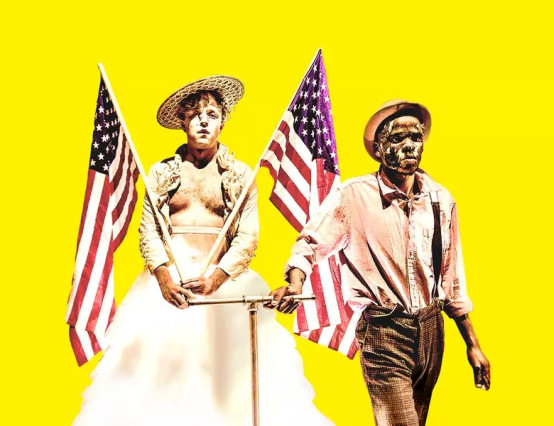Writing this during the 9th day of my Covid isolation, I’ll admit that my perspective is currently skewed. All that Covid gave me was a two day headache, thankfully the only symptom I experienced.
And while that makes me all the more eager to leave behind this 18-month pandemic, I am still vividly aware that not everyone has been so lucky. There are still over 500 people being hospitalised daily, still 30 people dying with each day that passes. And unfortunately, at the time of writing this article, that number is rising daily.
Yet restrictions are still set to end July 19, with isolation rules even being considered for early termination, especially regarding NHS staff. So now, with the end in sight, I question what a post-Covid world might look like, and how will our collective memory of this period be formed?
We used to live in a privileged place, in a privileged time, where the large majority of non-genetic illnesses were either curable or manageable. For the illnesses that fell outside of these conditions, there were awareness campaigns and research funding to help bring us closer to a cure. That was the world I grew up in.
I remember wondering in history class how dreadful it would be to live during the Great Plague, how awful to fear leaving your house, how terrifying to know that once a loved one contracted the disease, there was little that could aid their recovery. And then that world, straight from the pages of my history textbook, became our own.
Over the last year, I have been too scared to go to the shops. I have waited helplessly while loved ones suffered in hospital. I have been unable to attend a funeral, unable to go about life as normal and to see the friends and family I hold so dear to me.
But equally, I have been isolated for ten days without feeling especially ill. I have equally been given two shots of the vaccine. And things are slowly looking up.
Is Covid a story of political failure or political success? Were borders closed foolishly late or was the vaccine delivered with incredible speed? Were people selfish and socially irresponsible, or was it a time of community and selflessness? Does this last year demonstrate the fallibility of modern science or its prevailing success?
They say that history is written by the victors, and I am yet to see a country or political party emerging from this pandemic as survivors. America has few restrictions but thousands and thousands of deaths. Samoa has very few cases, but did less to contribute to the global attempt to find a vaccine. So who is the real winner here?
We cannot consign Covid to the past until a narrative has been formed for its historicisation. As long as debate over its triumphs and failings continues, we cannot leave it behind us. The fallout will take a while, as will our attempt to readjust to ‘normal’ life, but eventually Covid will find its way to the history books. And unfortunately, nuances will be lost. A single story will be formed for how politicians and their people responded to it.
I personally think that it is the next government which will form much of this historical narrative, at least in the UK. If the Conservatives regain power, Covid will be seen, I believe, as Boris’ vaccine success story. The people will be portrayed as heroic and the Astra-Zeneca vaccine as science’s modern glory. Contrarily, if the Labour party comes into office, Covid will be seen, I believe, as a tragedy. The government will be considered incompetent, its people selfish, and medicine as flawed. I find it fascinating how a change of leadership might be able to rewrite the pandemic entirely.
But while history is decided by governments, it is also decided by people. The younger generation seem more likely to disregard the pandemic as unimportant, a blip in their teens which restricted their freedoms. The older generations, those who are more likely to have lost friends and loved ones, seem far more likely to mourn these years as monumental. And, most importantly of all, our increased ability to document thoughts and feelings, via social media and via easy access to cameras through smartphones, will preserve these opinions in a far more permanent way than in the past.
So are we about to see the divergence of public opinion from governmental approaches to history?
Of course, all of this is theorisation. But the wonderful thing is, we will soon find out. Even this very article can be analysed in twenty years’ time to see which predictions turned out correct. And now, thanks to the internet and thanks to cloud data storage, there is no doubt that this article will survive that long.
I, for one, am keeping my positive lateral flow test – it might become worth something in the future.
So make your own predictions – how will we leave Covid behind, how will it be historicised? We shall soon enough see who is right…










This was such a fascinating take on the pandemic nearly two years in. I am particularly taken by your opinion on the differing governments and the different take on the success or failure of how the UK handled the pandemic. I would love to know why you think this! I am particularly interested in how we will view these times in years to come and what the narrative will be from the government and the people - will it differ or will they be unanimous, only time will tell I guess.